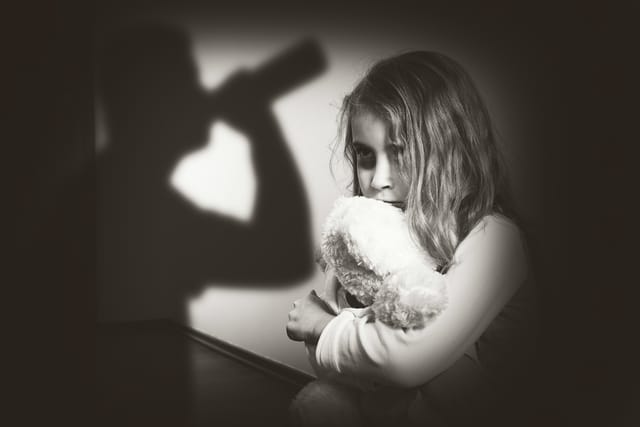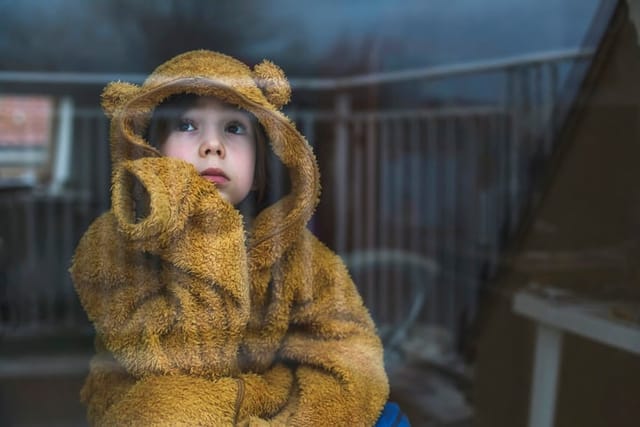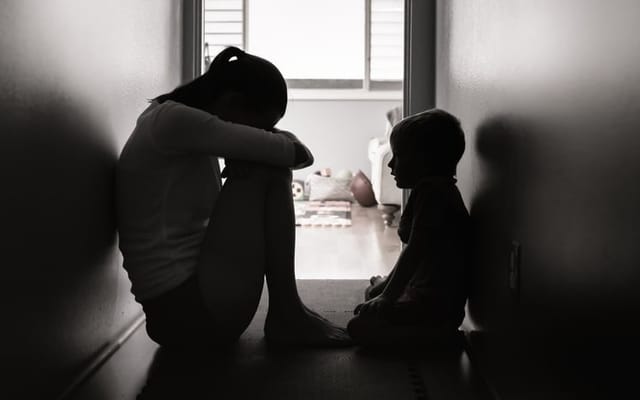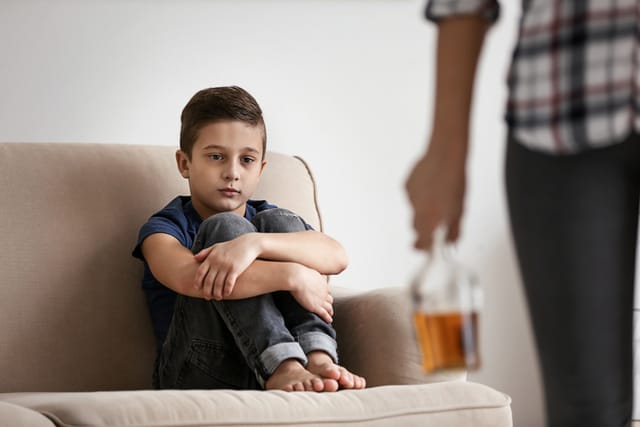Growing up with an alcoholic parent can have profound and long-lasting effects on a child’s development. One common pattern is the tendency to become a people-pleaser who’s always striving to gain approval and avoid conflict. Here’s why, while definitely not a foregone conclusion, this is such a common scenario.
1. Unpredictability & Chaos

Alcoholic homes are often unpredictable and chaotic. A parent’s mood can swing wildly, leaving the child feeling constantly on edge. People-pleasing becomes a way to try and create some sense of stability and control. If they can just keep everyone happy, maybe things won’t spiral out of control again.
2. The Need to Feel “Good Enough”
Children internalize their parents’ struggles, often feeling their own behavior is to blame. They may work tirelessly to be “perfect” hoping it will somehow make things better and earn them the love and attention they crave. They think, “If I can just be good enough, maybe they’ll finally love me the way I need.”
3. Hypervigilance & the Need to Manage Situations

Children in these situations become hyper-aware of the smallest shifts in mood. They learn to anticipate and try to manage a parent’s behavior to avoid outbursts or negativity. This constant need to “fix” translates into a deep-rooted urge to please others. They become experts at reading the room, always scanning for ways to keep the peace.
4. Fear of Abandonment

Witnessing the destructive power of addiction can lead to a deep-seated fear of being left or rejected. People-pleasing becomes a way to try and ensure they won’t be abandoned by those they care about. It’s like they’re constantly thinking, “If I make myself indispensable, they’ll never leave.”
5. A Lost Sense of Self

Children in these environments often don’t get their emotional needs met. They may suppress their true feelings and needs to maintain peace, leading to a disconnect from their own sense of self. They end up asking themselves, “Who am I, really, apart from what people want me to be?”
6. Distorted Views of Love

They might equate love with sacrifice and self-neglect. They may feel they have to earn acceptance by always putting others first, even if it’s at their own expense. They’ve learned that love comes with a price.
7. Difficulty Saying “No”

They may have never learned healthy boundaries, as those become blurred in chaotic environments. Saying “no” might feel risky or selfish, even when requests are unreasonable. After all, in their experience, saying “no” could have unpredictable consequences.
8. Seeking Validation
Children who haven’t received consistent praise or positive reinforcement crave external validation. People-pleasing can become a way to get those temporary “fixes” of approval. A little praise feels like a lifeline for their self-esteem, so they quickly become addicted to the feeling (and the pursuit of it).
9. Confusing Responsibility

They may take on blame and responsibility for things far beyond their control, including a parent’s drinking. This leads to the idea that if they try hard enough, they can fix anything and make everyone happy. They feel an immense pressure to shoulder burdens that were never theirs to carry.
10. A Pattern of Neglect
When a parent is focused on their addiction, the child’s needs go unmet. People-pleasing becomes a way to get attention, even if that attention is tied to their performance rather than who they are as a person. At least they’re finally being noticed, even if it’s for the wrong reasons.
11. The Role of “Hero”

Some children may adopt the role of the family “hero,” trying to shoulder everyone’s burdens. They appear responsible and capable, but it often comes at the cost of their own wellbeing. Being the “strong one” becomes their identity.
12. Low Self-Worth

Living with an unpredictable, critical, or absent parent can deeply impact a child’s self-esteem. People-pleasing may feel like the only way to prove they are worthy or deserving of love. Deep down, they feel like they have to constantly prove their value.
13. Fear of Conflict

Witnessing arguments, outbursts, or emotional shutdowns fueled by alcohol can make conflict terrifying. Children learn that avoiding confrontation is the safest path, even if it means sacrificing expressing their needs. Conflict feels like a sign that things are about to fall apart.
14. Difficulty Expressing Emotions

In an unstable environment, the child’s feelings are often minimized or invalidated. They may learn to hide their feelings, leading to difficulty expressing them in healthy ways even in adulthood. They bottle things up because showing how they truly feel seems dangerous.
15. Unresolved Trauma

Growing up with addiction is traumatic. Unprocessed trauma can lead to the need to constantly control situations and relationships, fueled by the fear that things will spin out of control again. They’re always bracing for the next disaster, never feeling truly safe.
16. It’s Important to Remember…
Not all children of alcoholics become people-pleasers, and many find ways to break these patterns. Understanding the roots of this behavior is the first step towards healing and building healthier relationships. There’s hope, and it’s never too late to create a life where you put your needs first.
Enjoy this piece? Give it a like and follow Bolde on MSN for more!







